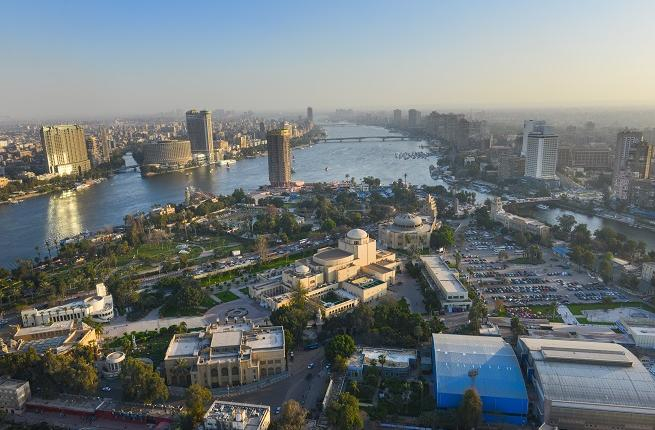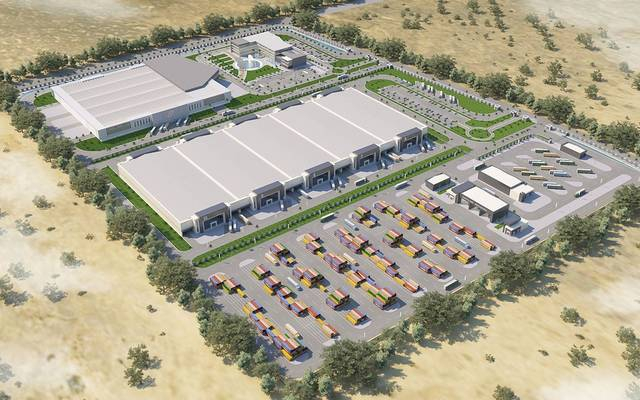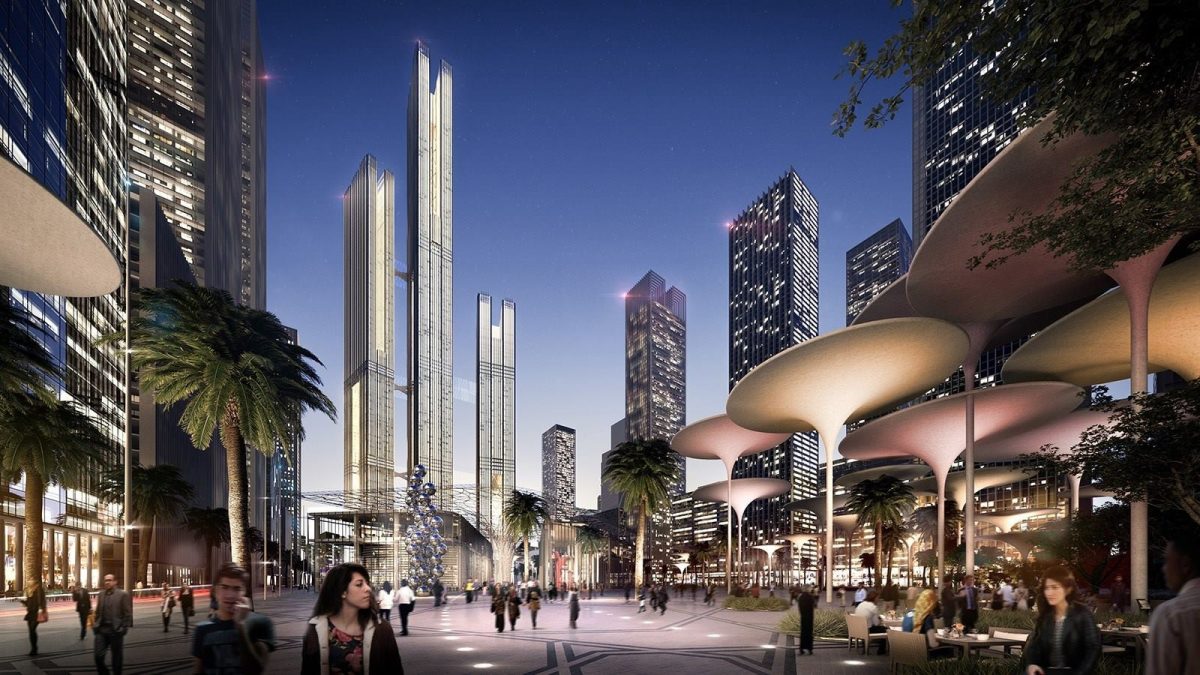

Egypt is set to construct 20 new fourth generation cities to improve life quality, increase residential areas and absorb the population surge in this most populous Arab country.
Egyptian Prime Minister Mostapha Madbouly, said the county’s new Urban Communities Authority of the Ministry of Housing will build the cities in a total area 243,600 hectares and is expected to accommodate about 30 million people. These new cities will be located in the provinces of Cairo, Giza, Qalyubia, Matrouh, Daqahliya, Beheira, Port Said, North Sinai, Beni Suef, Minya, Assiut, Qena, Luxor and Aswan, while the largest such city is the New Administrative Capital, east of the capital Cairo.
Cairo-based planning expert, Saif al-Ddin Farag, said that the fourth generation cities are integrated cities in terms of availability of services and the use of advanced technologies in infrastructure and facilities. “The establishment of 20 fourth-generation cities is a good start. Egypt certainly needs to build these cities, using the latest technologies to provide a better life to Egyptians in addition to providing millions of jobs, as only 7% of Egypt’s territory is currently occupied. The establishment of the new cities will attract and redistribute people across the country,” said Saif al-Ddin Farag.
The new cities will house a new Administrative Capital, distinctive residential plots of land, integrated urban projects and malls, residential projects, integrated urban communities, wholesale market, dry port and a city for craftsmen, social housing units, service projects, seawater, desalination planet, industrial zone and logistics areas.
Egypt currently has a population of more than 100 million, making it the 13th most populated country in the world. Only 7% of Egypt’s urban territory is currently fit for occupancy. This has led to high population density, especially in provinces such as Cairo, Alexandria and Giza. As a result, New Urban Communities Authority aims to increase this to 14% by the year 2050 .





